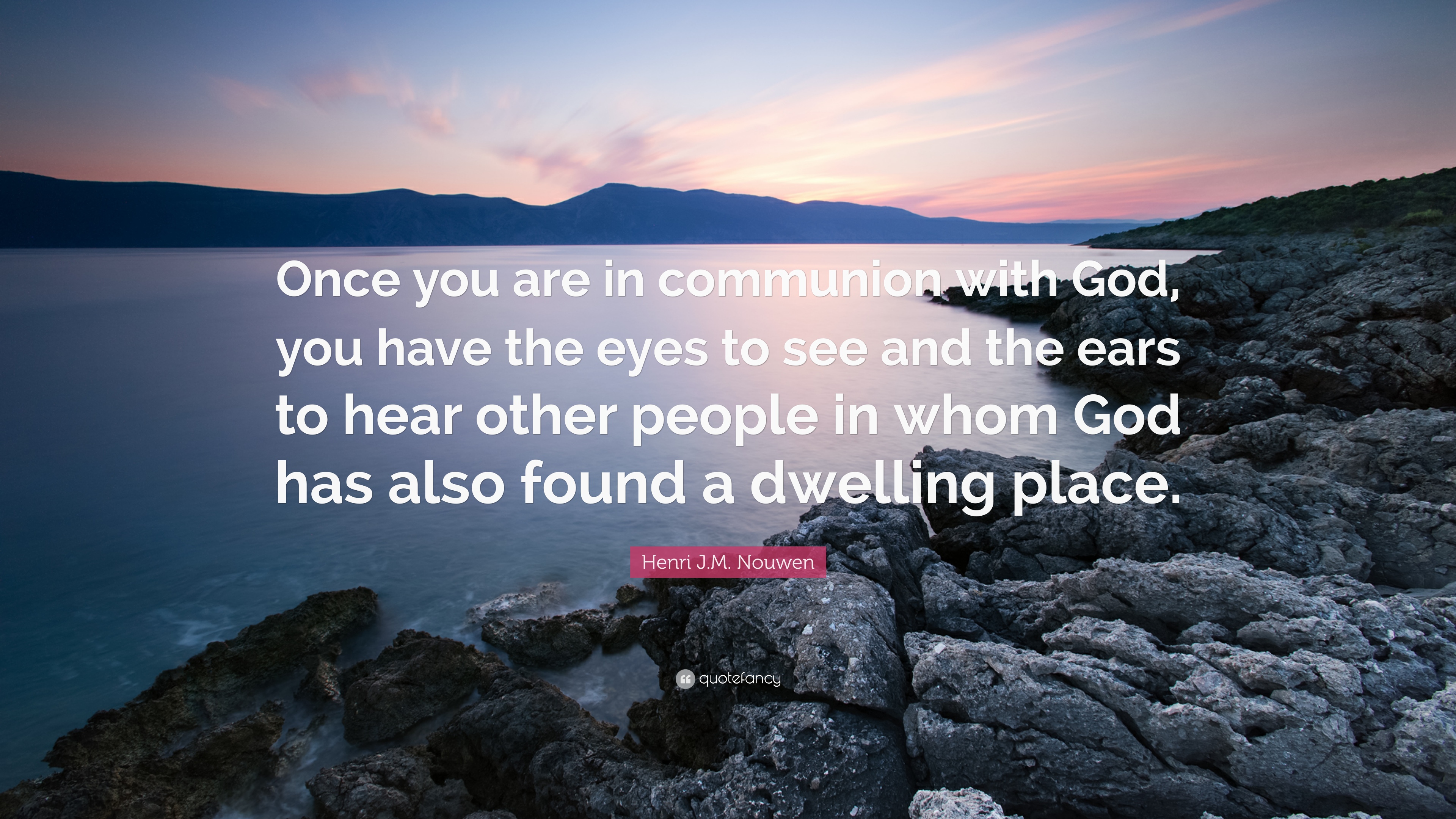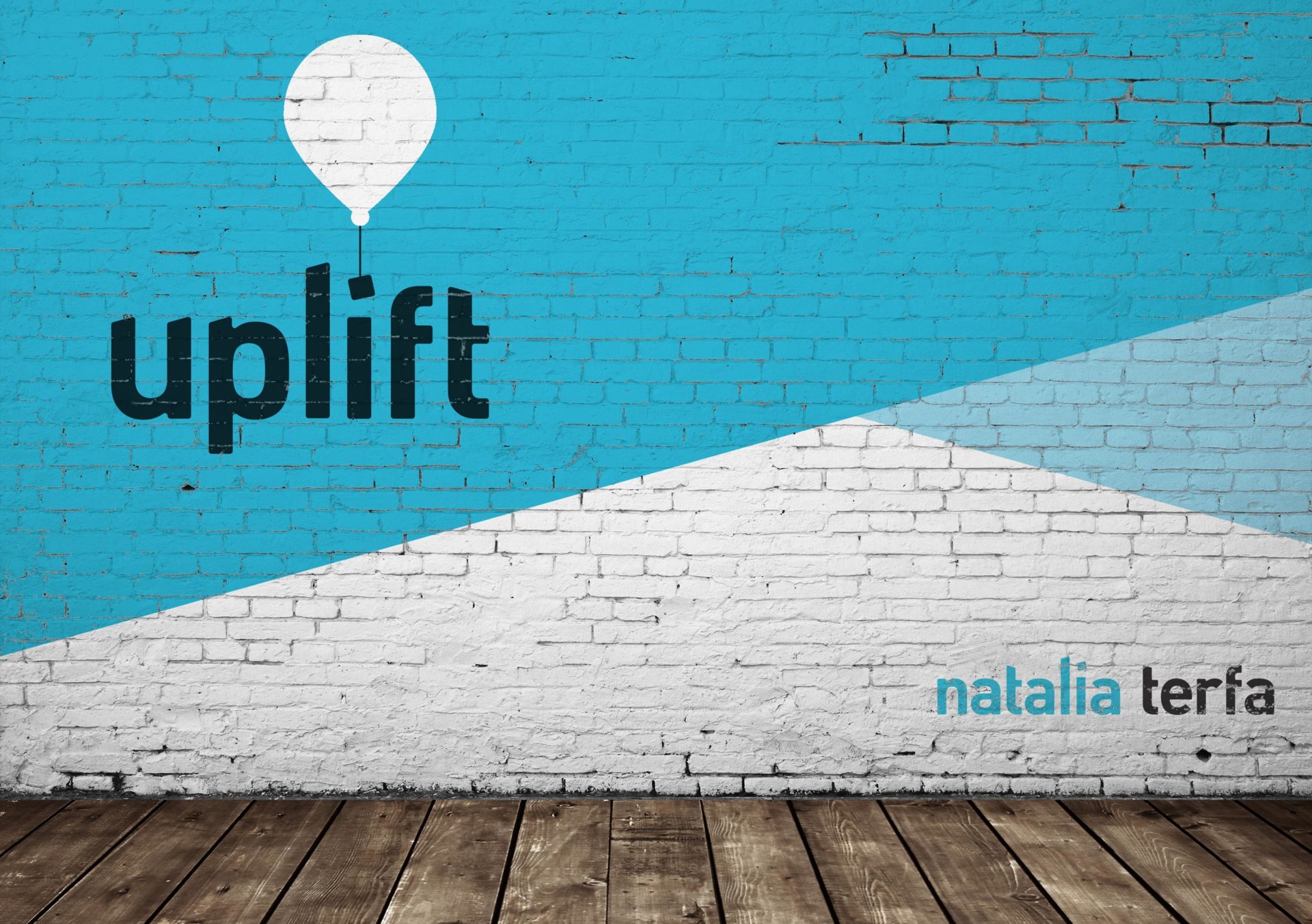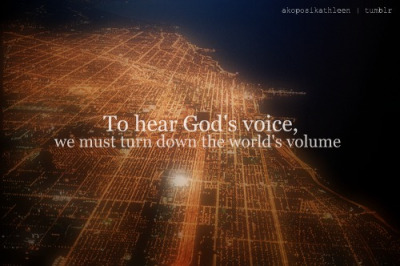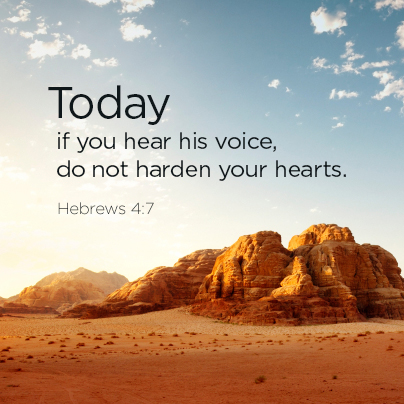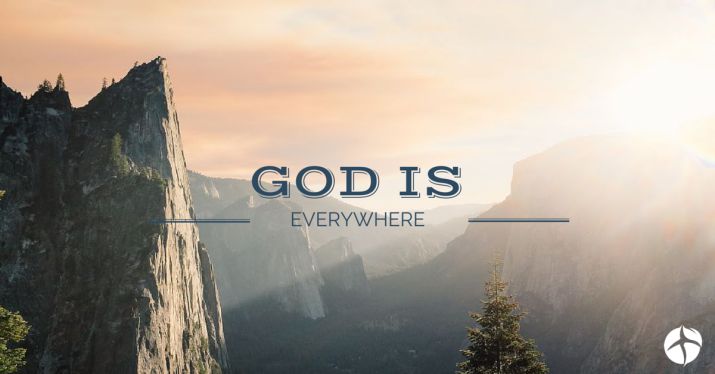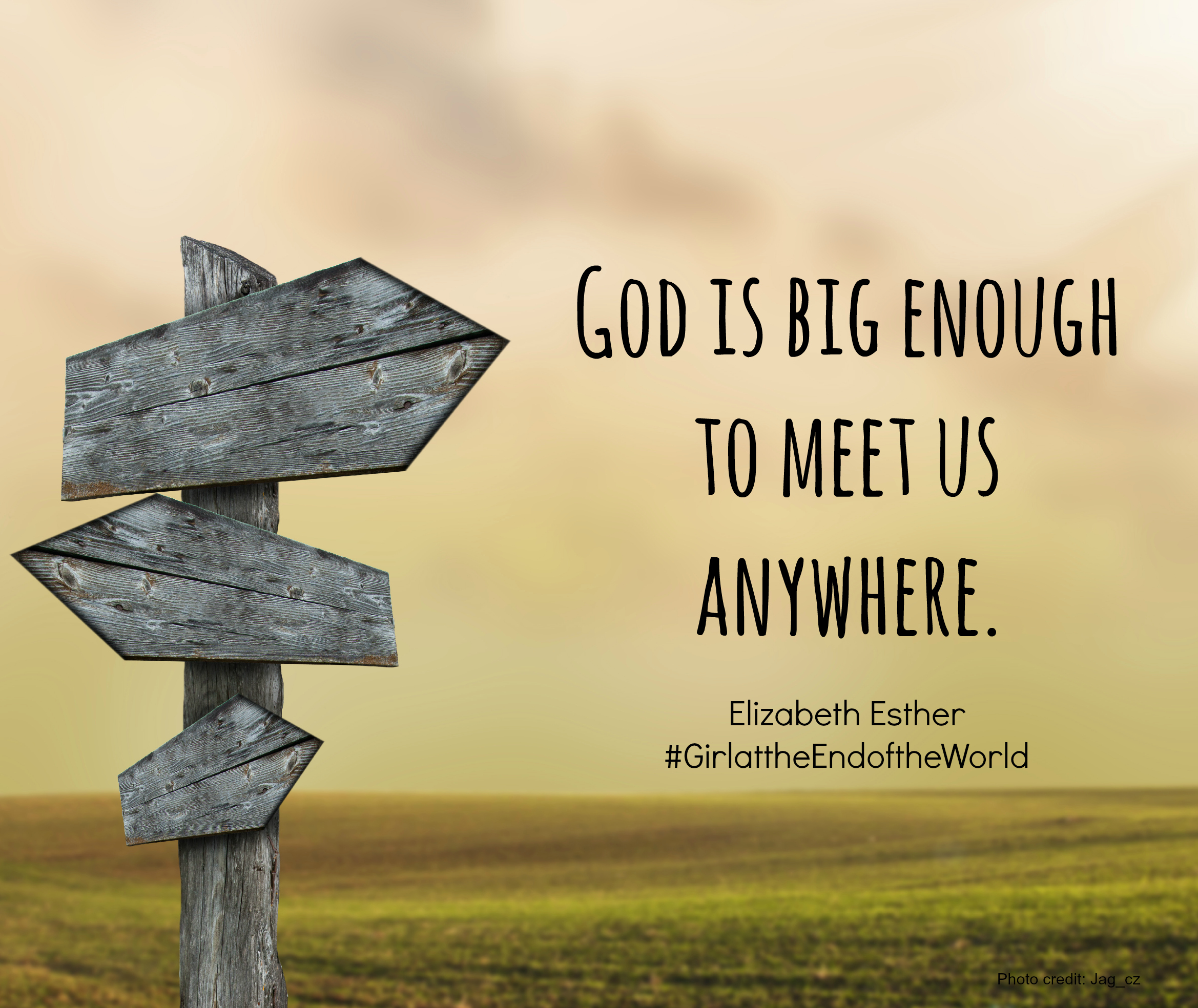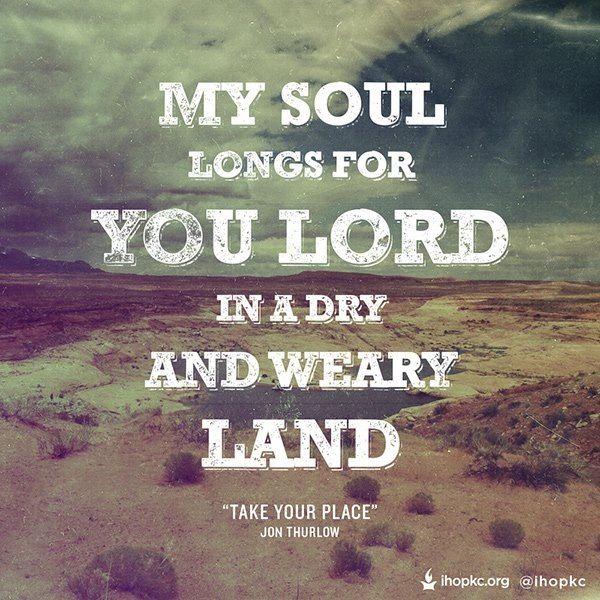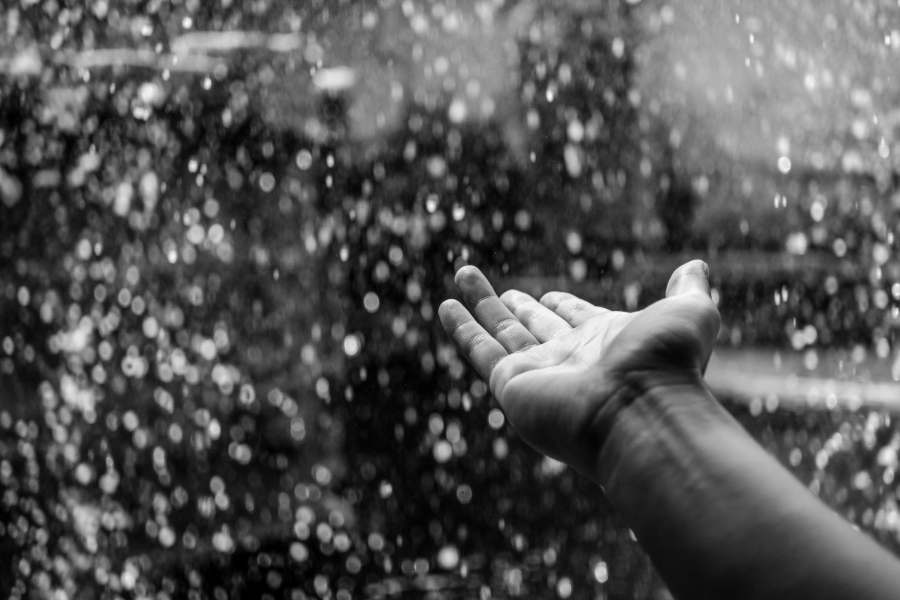Friday Uplift — August 26, 2016
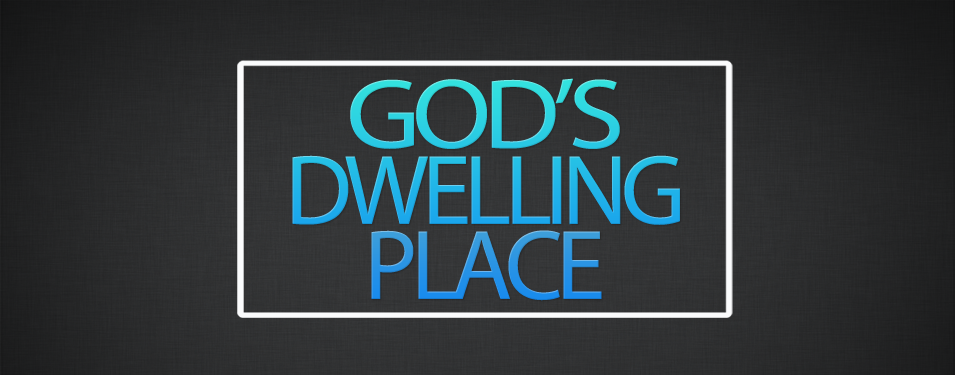 And have them make me a sanctuary, so I may dwell among them
And have them make me a sanctuary, so I may dwell among them
Exodus 25: 8
מִקְדָּשׁ
Miqdash.
שָׁכַן
Shakan.
These two little Hebrew words are the focus of our uplift today.
Miqdash, meaning holy place, and shakan, meaning to abide.
Both are lovely little words. And they are the focus of this command from God in Exodus.
God calls us to make a sanctuary, and why? So that there’s a place for him with us.
Oh this is simultaneously beautiful and difficult.
Because God promised to always be with us – and God IS always with us.
But sometimes in the hustle and bustle and go go go of our daily lives, we don’t always take time to create space for God.
Another way to translate shakan is settle down or reside.
When we fill up our lives, when every minute of every day is scheduled and overflowing with stuff, where exactly does God fit?
How can God settle in for the long haul if we don’t give him room?
You know how dogs do that little turning in circles thing before they lay down for awhile?
They are creating space. Getting comfortable. Settling in.
This is what God is asking for us to do.
No – not turn in circles until we lay down, but make space.
Make room.
Create a miqdash – a holy place.
Yes, miqdash is often translated as sanctuary, but I want to be clear that it doesn’t have to be a church building. It can be anywhere where you create space for God.
It can be a room in your house.
A cabin at the lake.
A tent in the wilderness.
A table in your favorite coffee place.
It can be a time of day too –
those quiet moments when the kids finally go to bed,
those first moments of light at the start of the day
No rules – but just somewhere that you have made holy, and made space.
Why?
So God can come and settle in.
Not just for a minute, but for the long haul.
Now I want to be clear, God doesn’t need you to make a space to be with you – God doesn’t need us to do anything to be with us.
God is always with us, in us and with us in every moment and every place.
But I think we need to make space to be with God.
We need to create a miqdash to notice God already there.
So this week – make space.
Find a place or a time or both and make it holy.
Create space to spend time intentional time with our God who is always there.
